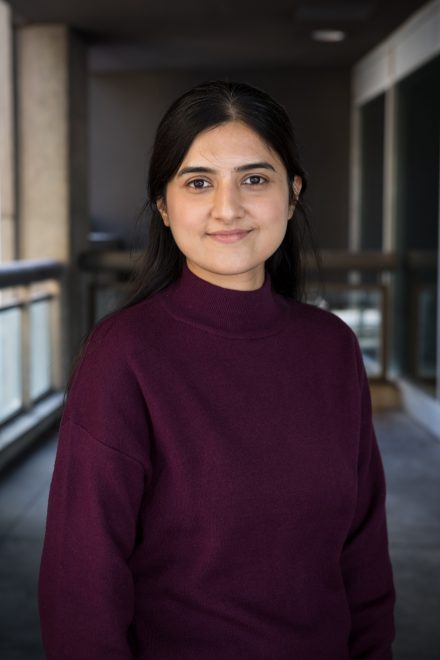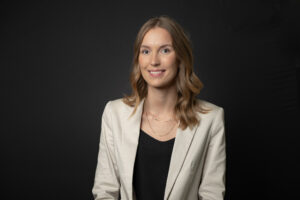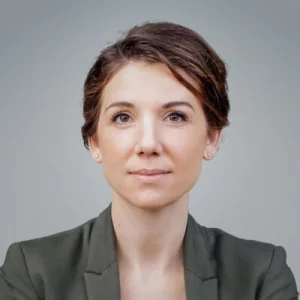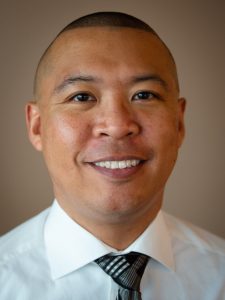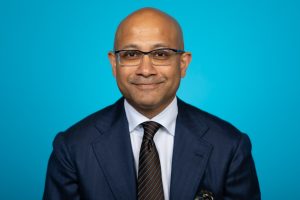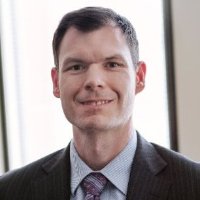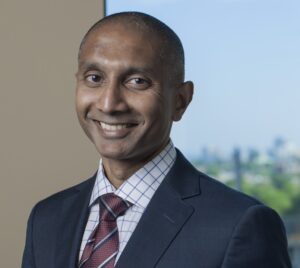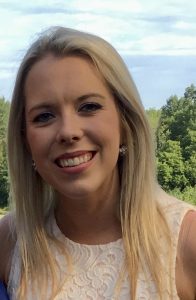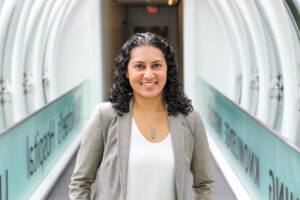Before, I used to focus only on the small tasks of each project, but this journey has helped me realize the importance of seeing how every step in a project contributes to a larger impact.
During her nursing career, Dr. Anam Shahil-Feroz was driven by the desire to improve maternal healthcare and health outcomes among high-risk pregnant women using innovative digital health interventions. This led to her taking up a position at the Aga Khan Network Digital Health Resource Center (AKDNDHRC), where she gained invaluable insights into the use of digital tools to address critical health challenges, eventually guiding her through an MSc in Health Policy & Management at Aga Khan University and exploring how these tools can be used to improve maternal and postnatal care for pregnant women.
Committed to becoming a dedicated research scientist in the field of digital health and maternal health, Dr. Shahil-Feroz recently completed her PhD in Health Systems Research (HSR) from IHPME. Her doctoral research focused on designing and implementing a mobile phone-based telemonitoring program called Raabta to support pregnant women at a high risk of preeclampsia in Karachi, Pakistan.
Dr. Shahil-Feroz’s impactful work as a PhD student at IHPME earned her several recognitions including the 2023 – 2024 Margaret McNamara Education Grant (MMEG) for her work in maternal health and digital health research, the Connaught PhD for Public Impact Fellowship, and the International Maternal Newborn Health Conference (IMNHC) Fellowship.
In November 2024, Dr. Shahil-Feroz started a tenure-track assistant professor position at Western University’s Arthur Labatt Family
School of Nursing, where she is dedicated to building a strong research program, focusing improving maternal healthcare for pregnant South Asian immigrants (PSAI) in Canada, excelling in teaching, and contributing to the academic community.
As she looks ahead towards her goal of securing tenure in the years ahead, Dr. Shahil-Feroz, still fresh off her journey at IHPME, credits her personal and professional growth to the mentorship she received as a student in the HSR program which she says helped her shift focus to the bigger picture of her research and how it fits within the larger healthcare landscape.
“Before, I used to focus only on the small tasks of each project, but this journey has helped me realize the importance of seeing how every step in a project contributes to a larger impact,” says Dr. Shahil-Feroz.
She calls her supervisor, Professor Emily Seto, one of the finest mentors she’s ever met.
“My achievements and growth throughout this journey are a testament to her exceptional guidance and unwavering support.”
As she makes the transition from student to independent researcher and educator, she is excited about the prospect of taking charge of projects and leading sessions in undergraduate and graduate courses, and although the transition is not free of challenges, she knows it is all part of the process.
“While it can feel overwhelming, it’s also incredibly rewarding to see how far I’ve come.”
Stepping into the role of IHPME alumna, Dr. Shahil-Feroz has several pieces of advice for current and future IHPME students who are interested in pursuing a similar path in health systems research and digital health.
“Focus on research questions you’re truly passionate about. That passion will drive you through the challenges of a PhD. Be very thoughtful about choosing your supervisor, your project, and your courses because these decisions will shape your entire experience,” says Dr. Shahil-Feroz. “Once you’re in the program, be strategic about the courses you choose—pick the ones that will help with your research. And don’t wait to finish your courses before starting your project; the two should go hand-in-hand. Make an effort to apply for awards. They’re a great way to get recognition for your work and feel appreciated. Lastly, connect with people outside of your thesis committee who share similar interests—it really helps to have that broader network. And always remember, good mentors make all the difference. With the right support, you can go a long way.”
